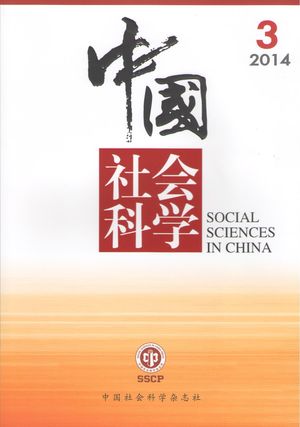Roots of Chinese cultural orientation in pre-Qin period

Since mid-20th century, perceptions toward the cognitive dimension of Chinese culture have varied. For a long time, a certain segment of the academic sphere argued that cognitive consciousness in Chinese culture was underdeveloped. As more thorough research on Chinese culture emerged, this view faded. Looking closely at the different schools of thought from the pre-Qin Period (before 221 BCE) reveals that in Chinese culture, the cognition of facts and assessment of values were interconnected and mutually reinforcing practices.
The ancient Chinese people's notion of the dao reflects their rational approach to reconciling the existence of the individual's inner being and the world. For them, the dao is not static but dynamic, encompassing the origin, evolution and transformation of both nature and society.
The ancient Chinese people built and maintained social order and inter-personal relationships through ritual and ceremony. Their practice imparted a sense of certainty in human relations and society. Under the guidance of "ritual", each member of society fit precisely into his or her own position, with social stratification clearly defined.
Through their understanding of the dao and practice of ritual, it is clear that the ancient Chinese people's cognition had a human orientation, and that that cognition did not confine itself to the narrow grasp of facts, but instead directed the ancient Chinese toward the evaluation of values. The cognitive orientation involves using the dao to observe the world and the self, and also using analogies and categories. Through the former, the observer appreciates the basic connections between things and phenomena themselves, and the holistic nature and procedural character of these objects and phenomena. It has a tendency toward dialectical thinking. Through the latter, the observer grasps the various dimensions of categories that may be applies to an object. This method takes similarity between various objects and phenomena as the starting point to make inferences about their nature. The efficacy, legitimacy, and suitability of the process of knowing and acting is deeply embodied in Chinese culture.
(Yang Guorong, "Roots of Chinese Cultural Orientation in pre-Qin Period", Social Sciences in China, Issue 219, 2014)
Selected and Translated by Bai Le
Revised by Charles Horne
